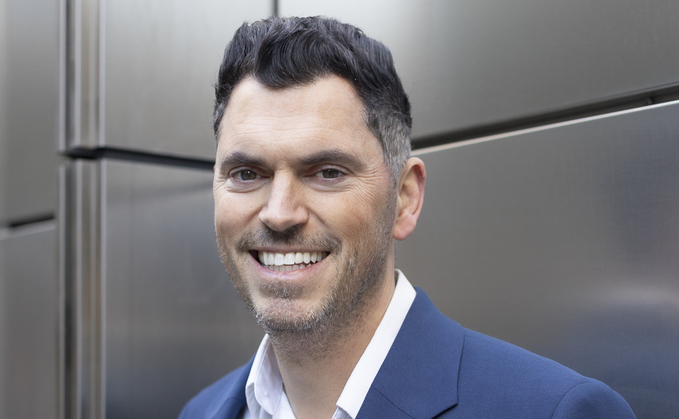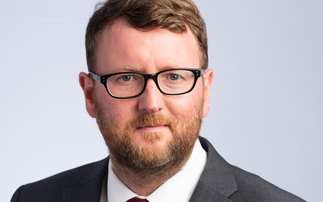
William Gold: When it comes to DC governance, doing nothing is no longer an option
Trustees of small defined contribution (DC) pension schemes are under more pressure than ever. Regulatory expectations are rising, market conditions remain unpredictable, and member confidence is fragile.
Against this backdrop, the Pensions Regulator (TPR) has issued a clear call to action: trustees must step up their investment governance, improve member communication, and seriously consider whether their current scheme structure can withstand today's challenges.
Recent market events have made the stakes painfully clear. Stock markets took a significant hit in April following the US government's announcement of steep import tariffs. Despite legal challenges to this action the ripple effect continues to be felt across the globe, with many UK DC savers seeing their retirement pots shrink – especially those with high equity allocations. Since then, most equity markets have recovered these losses but there has been a marked disparity between the US and others.
This volatility isn't just a financial issue – it's a governance one. Trustees have a fiduciary duty to act in the best interests of members, not only by managing risk and overseeing investment strategy, but by helping members make informed decisions during times of uncertainty. TPR's recent statement underscores that point, making it clear that strong investment governance and member engagement are essential—not optional.
Yet many small DC schemes are struggling to keep up.
TPR has expressed concern that some schemes are failing to adequately monitor investment performance or communicate effectively with savers. In 2024 alone, the regulator issued over £100,000 in fines to 19 small schemes for governance and reporting failures. And there's more on the horizon: dashboards, decumulation duties, and a tighter Value for Money (VfM) regime.
In light of this, trustees should be asking themselves :
- Are we reviewing investment performance frequently and rigorously?
- Do we understand the objectives and risks of the funds we offer?
- Are we proactively engaging with members, especially during market shocks?
- Are our governance structures fit for purpose?
If the answer to any of these questions is "no" or even "not sure," then it's time to act.
While pension saving is a long-term journey, short-term shocks can be deeply unsettling—particularly for those approaching retirement. Indeed, ‘income' is specifically listed in a new, wider, interpretation of fiduciary duties. Therefore, trustees play a critical role in guiding members through periods of investment volatility, with timely, clear communication and access to tools such as MoneyHelper to assist members. More importantly, trustees must ensure that members aren't making rash decisions, like switching funds in panic or falling prey to pension scams.
But what if your scheme lacks the scale or resources to do all of this effectively? That's where consolidation comes in.
Consolidation services like Dalriada's DC consolidator (DCC) can help trustees and employers manage legacy additional voluntary contributions (AVCs) and small DC arrangements more efficiently. The DCC model offers a smart, sustainable solution to the growing demands of compliance, communication, and governance—without stretching internal teams to breaking point.
A good consolidation service should deliver:
- A modern, high-quality master trust structure
- Improved investment governance
- Compliance with upcoming dashboard and decumulation rules
- Lower cost and reduced operational risk
- A better digital experience and communication tools for members
Crucially, it should provide trustees with peace of mind that their scheme meets regulatory standards while offering members better outcomes. With the Government and TPR sharpening their focus on VfM and risk management in small schemes, consolidating into a larger, well-governed model isn't just a compliance strategy—it's a member-first decision.
The reality is clear: we are in a new era of governance for DC pensions. Trustees can no longer rely on legacy arrangements or assume that default funds will do the heavy lifting. Members expect—and deserve—more.
Trustees feeling the strain of market volatility, regulatory scrutiny, and increasing member expectations, should be proactively exploring their options. Acting early can protect members, reduce risks, and ensure your scheme is prepared for what lies ahead.
Market turbulence will come and go. But strong governance, supported by the right structure and tools, is what truly safeguards member outcomes.
When it comes to DC governance, doing nothing is no longer an option.
William Gold is a pensions manager at Dalriada Trustees






